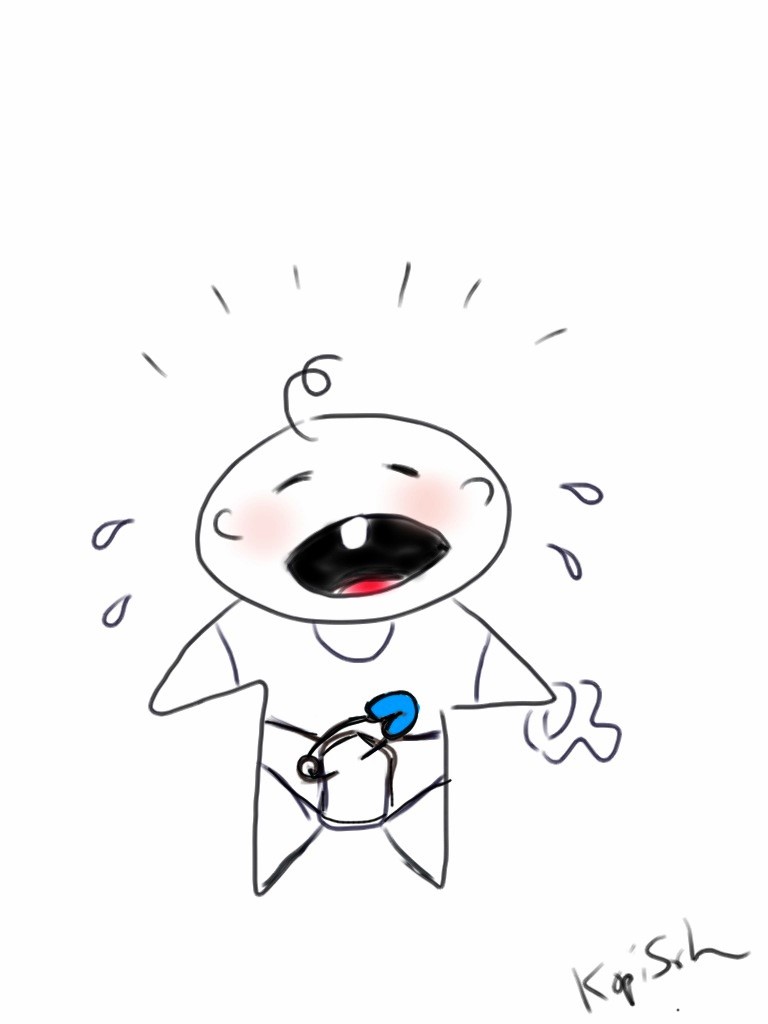How to help your child deal with disappointments
by on 02/08/2025 ...

Has this ever happen to you? You promise to take your little one to the beach and then it rains and you have to cancel. Or you agree that if they pick up their toys after playing, you will reward them with a trip to McDonalds. You pile everyone into the car and discovered that your car won’t start. Disappointments can be a bummer but it is not all bad. You can use them to teach your child how to become more resilient.
Give them the tools to help them overcome disappointing situations because in life these situations will come up again and again. If you continuously try to shield your preschooler from every single disappointment, then you are actually preventing them from learning some every important life skills.
The most effective way to handle the “let-down” will be based on your child’s reaction to the situation.
The “Drama” Kid
You know your kid is a “drama” kid when he or she overreacts to even the slightest thing. You bring them to Giant Supermarket, they want to ride on those mechanical animals but it is broken, they burst into tears. You promise them cake from Secret Recipe but when you arrive the cafe is closed and your kids throws a tantrum and starts crying insisting he wants the cake from there.

If your kid reacts to disappointment in a dramatic way you can: –
- Teach them that some situations can be changed while not others. Explain to them clearly and perhaps give them some simple examples. If you promise to take them to the library but the library is closed, explain to them that you have no control over the opening and closing of the library then ask them to help generate some solutions. Perhaps you can take them to the bookstore, or even read an e-book, let them generate those ideas.
- Expose your child to different things, let him or her learn and master some skill, perhaps learn to play the piano, draw or create things. This way whenever they are face with some disappointments and are feeling down or sad, they have something that they love to fall back onto.
Pouter Kid
They are disappointed but do not have a “meltdown”. They just sulk and keep quiet. In this situation, you can give your child a choice and empower them. For example: – If you promised to bring them out but somehow you got caught in a traffic jam and can’t come home on time or something unexpected happens at the office. Ask them would they like an extra long story time tonight, or perhaps they would prefer going for ice cream on the weekend. Let them decide. By doing so they will learn that even if a situation is not what they expect it to be, they can still turn things around.
Whether he or she is a drama kid or a sulker, do not punish your child for their negative reaction to a disappointing situation. Remember sometimes when “bad” or “sad” things happen or when life is especially hard, we all need a good cry to release and get through a rough situation. Empathize with them, sometimes all we need is for someone to understand what we are feeling.
Create a network of support for your child, so that whenever he or she needs some help they have some trusted people that they can turn to other than yourself and your spouse.
About the Author
Kopi Soh has a MA in Psychology, Specializing in Marriage, Family and Child Counseling. Her area of specialty is in working with children, adolescents, couples and families. She is also an artist and has published two self-help best sellers distributed by MPH, available in all bookstores throughout Malaysia.
Website:
- Oh I thought I Was The Only One – http://www.kopisoh.me/story/
- Oh I Thought I Was The Only One 2 (for ages 9 and up) http://www.kopisoh.me/story2/



















